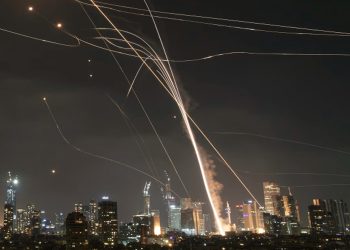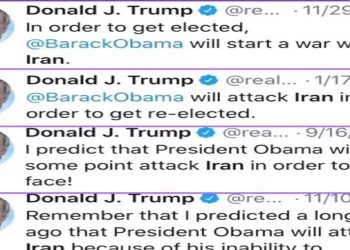The country’s economy has been struggling for a while. Our economy is failing for a variety of reasons. The output of Pakistan’s large-scale manufacturing industries has decreased by more than 5% in the first eight months of the current fiscal year, which is a worrying trend for the economy.
The recent increase in gasoline prices by 10 rupees per liter has made it more difficult for the average person to maintain their standard of living since the cost of gasoline has risen from 272 to 282 rupees per liter. People will be directly impacted by the rise in petroleum products costs, and necessary goods will also see a substantial rise in price.
Additionally, the country’s exports have drastically decreased during the past year. In this fiscal year’s first nine months, there was a 15% decline. Given that exports are the primary source of income for every country; this is a significant blow for Pakistan’s economy. The cost of gold has recently gone up by 1100 rupees per tola. The economy will be further impacted by this spike in gold prices because gold is a crucial commodity in international trade.
The government must move swiftly to address these economic issues in order to maintain economic stability. This necessitates implementing measures to boost output, control inflation, and encourage exports in order to improve the balance of payments. The government must also place a high priority on economic development and take the required actions to ensure that the country’s industries remain competitive on a global scale. The government should encourage foreign investment and take action to promote economic expansion.
Undoubtedly, the economy is facing significant challenges, and the government requires a comprehensive strategy to improve tax collection, boost production, control inflation, and maintain the balance of payments.


























